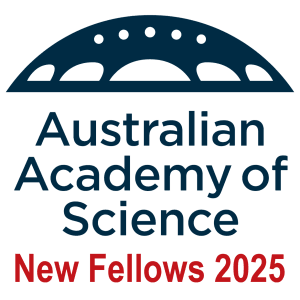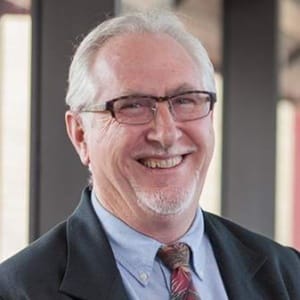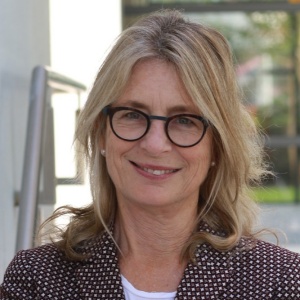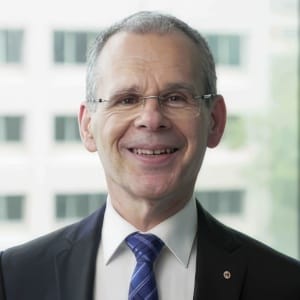

The Royal Society of New South Wales is delighted to learn of the recognition of two of its Fellows and a previous Society Award winner in the recently announced list of new Fellows of the Australian Academy of Science, elected in May 2025.
They are:
- Distinguished Professor David Adams FRSN FAA FAHMS — Professor of Neurophysiology at the University of Wollongong and an RSNSW Fellow
- Scientia Professor Helen Christensen AO FRSN FAA FASSA FAHMS — Professor of Medicine and Health at UNSW Sydney and the Black Dog Institute and the winner of the RSNSW James Cook Medal for 2023
- Professor Anthony Weiss AM FRSN FAA FTSE FAHMS —Professor of Biochemistry and Molecular Biotechnology at the University of Sydney and an RSNSW Fellow.

The Academy citation for Professor Adams states that he ‘is internationally recognised as a leader in membrane physiology and neuroscience research, with a focus on the function and modulation of membrane receptors and ion channels, primarily through molecular biology and electrophysiological recording techniques. Over the past 25 years, Professor Adams has characterised numerous peptides, particularly conotoxins derived from the venom of cone snails, as tools for studying ion channel structure and function, as well as potential therapeutics for treating chronic neuropathic and visceral pain. Professor Adams’s discovery of analgesic conotoxins that target G protein-coupled receptors, which in turn modulate the function of voltage-gated calcium and potassium channels, offers a promising approach for the development of non-opioid drugs for pain treatment.’

The Academy citation for Professor Christensen notes that she ‘is widely regarded as a world leader in the field of digital mental health interventions. She pioneered many of the processes and strategies that are used internationally today. Trained as a clinical psychologist, she led the translation of traditional face-to-face psychological treatment to digital delivery. Through over 50 trials and cohort studies, Professor Christensen demonstrated the effectiveness of digital interventions. Relatedly, she has pioneered the science of digital phenotyping, by which passive data collection (from smartphones) can monitor a person’s mental health. Overall, her digital developments have been used by millions of people globally, meaning that Professor Christensen has had an enormous global impact on mental health.’

The Academy citation for Professor Weiss notes that he ‘is an outstanding multifaceted biomedical scientist, mentor, and translational leader. He is the McCaughey Chair in Biochemistry and NHMRC Leadership Fellow at the University of Sydney, and the world leader in molecular studies of human tropoelastin and its assembly to make three-dimensional elastin protein biomaterials. His many international patents drove commercial success in one of Australia’s largest healthcare transactions. Professor Weiss’s many innovation awards include the Prime Minister’s Prize, NSW Premier’s Prize, Eureka Prize, Australian Academy of Technological Sciences & Engineering’s Clunies Ross Award, and Australian Academy of Science’s Ian Wark Medal.’
The Council of the Royal Society of New South Wales extends its warmest congratulations to Professors Adams, Christensen, and Weiss on this further recognition of their outstanding research achievements.